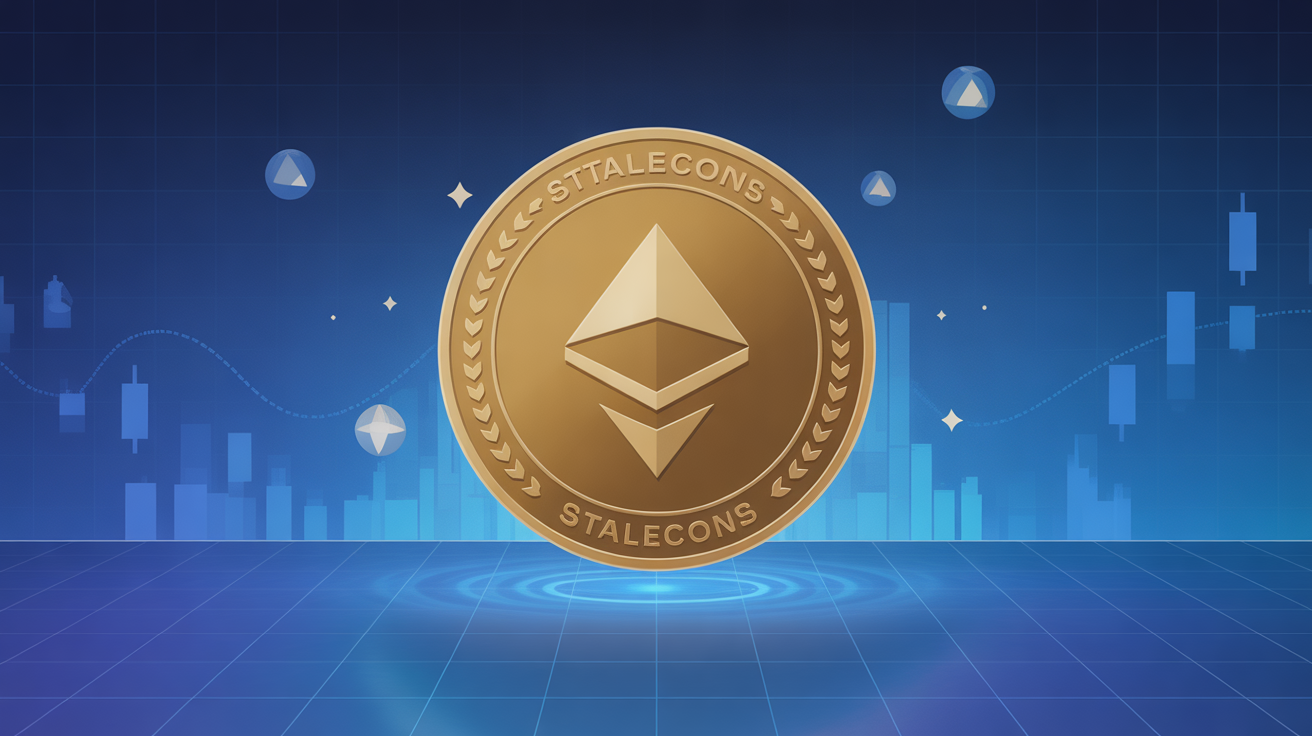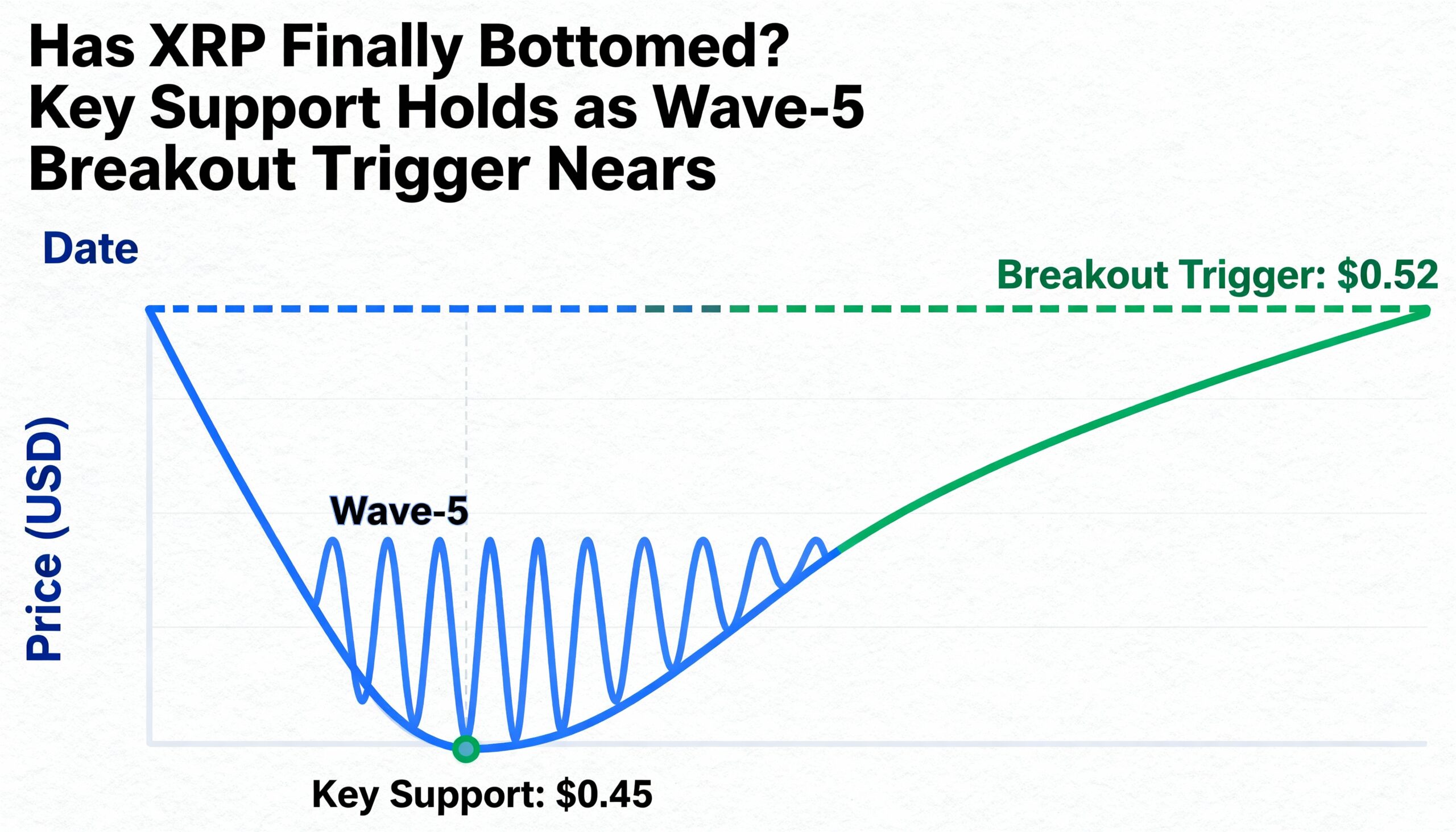OpenAI Rejects Links to Tokenized Shares on Robinhood’s European Platform
OpenAI has firmly stated it has no connection to tokenized equity offerings tied to its shares that have surfaced on Robinhood’s European trading service, emphasizing that such transactions were never approved by the company.
“All transfers of OpenAI equity must be authorized by us, and no such approval has been granted,” the company clarified in a statement.
In a message posted on X, OpenAI further explained that the so-called “OpenAI tokens” circulating online are not legitimate equity. “These tokens are not OpenAI shares. We have no partnership with Robinhood, were not involved in this activity, and do not endorse it,” the company wrote.
This situation arose after Robinhood introduced tokenized stock trading for European customers via the Arbitrum blockchain. As CoinDesk reported, this feature allows investors to gain exposure to around 200 equities and ETFs, along with secondary market access to private companies like OpenAI and SpaceX.
A spokesperson for Robinhood told CoinDesk, “As part of our recent crypto initiative, we launched a limited stock token giveaway linked to OpenAI and SpaceX for eligible users in Europe. These tokens provide indirect exposure to private markets and are enabled through Robinhood’s stake in a special purpose vehicle.”
Tokenizing private company equity isn’t entirely new. Back in 2018, blockchain startup Swarm announced plans to issue tokens tied to shares in several high-profile firms — including Robinhood itself. However, the companies named by Swarm denied authorizing any such sales. Swarm insisted the shares were sourced from “approved secondary market transactions.”
In Robinhood’s current offering, it remains uncertain where the underlying equity originates. Speculation suggests the tokens might be backed by shares acquired through legal secondary market purchases, a possibility Robinhood’s CEO hinted at in public remarks.
Nonetheless, experts warn that private companies like OpenAI often refuse to recognize transfers they haven’t sanctioned.
“This tension could drive more private companies to block equity transfers entirely if shareholders breach their agreements,” wrote Rob Hadick, General Partner at Dragonfly, in a post on X.





